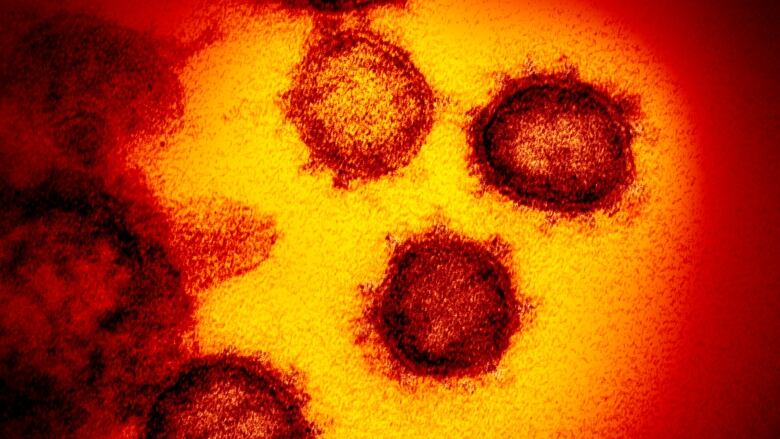What to do in Ottawa if you think you might have COVID-19
Key symptoms are cough, fever 38 C or higher, difficulty breathing

MARCH 16 UPDATE |This situation is quickly changing and we're concentrating essential information on our daily need-to-know stories. Check the latest on our main page, on Twitter or Facebook. You don't need an account to check our posts.
With people testing positive for COVID-19in Ottawa, public health agencies are asking everyone to remain vigilant, especially if they start to feel ill.
No matter whether you feel sick or not, everyone should cover their sneezes and coughs (ideally with a tissue or your elbow) and wash hands frequently and thoroughly.
Here is a quick primer onwhat to do if you think you might have COVID-19. All the information is based on Ottawa Public Health or Public Health Ontario advice.
Who is at risk
Anyone who has travelled outside of Canada is considered potentially at risk of contracting thecoronavirus but only those who travel to specific hot spots automatically need to go into self-isolation.
If you have travelled to Italy, Iran or Hubei province in China, Ottawa Public Health asks that you call its office at 613-580-6744 within 24 hours of arriving in Ottawa and self-isolate for two weeks, no matter if you feel sick or not.
People who have travelled to other parts of the world, including the United States, or who have been in close proximity to others who have travelled are asked to monitor for symptoms of the virus and avoid places where they can't quickly isolate themselves if they start to feel sick.
What symptoms to watch for
The key symptoms of COVID-19 are coughing, shortness of breath and a fever of 38 C or greater.
For advice, Ottawanscan callTeleHealth at 1-866-797-0000.
Ottawa Public Health is asking people only call it at613-580-6744 under certain circumstances because of how many calls it's getting.
In Gatineau, residents can call 1-877-644-4545 if they have any symptoms.
Another option is to call your family doctor or other health practitioner.
Anyone with difficulty breathing should go to an emergency room immediately.
What to do if you feel sick
If you feel symptoms of the virus andhave travelled, or have been in close proximity to someone else who has travelled outside Canada, Ottawa Public Health is advising you to immediately isolate yourself and call it or your doctor.
If you have not been out of the country or close to someone who has, go to the Ottawa Public Health websiteand if you still want more information, call TeleHealth.
Ottawa's Brewer Arena at 151 Brewer Way is now a screening centre, open 9 a.m. to 8 p.m. every day, for some people with mild symptoms: either those who left the country less than 14 days ago, or people in close contact with a confirmed case.
You don't need to call ahead.
Gatineau is opening a screening centre at 135 Saint-Raymond Blvd. on Saturday, March 14.
If you are feeling sick, it's important to stay home, avoid crowded places, practice good hygiene habits and not take public transit. Medical officials will give you further instructions.
What happens if you test positive
If you test positive for COVID-19 and you do not require hospital care, you must self-isolate at home until you are cleared.
During self-isolation the key is to limit any time spent with others and avoid public places.
That means avoid visitors (especially if they are seniors or have chronic health problems) and try to be alone in your own room.
Open a window and ensure good airflow if you must share a room with others.
Caregivers for people with COVID-19 should take special steps such as wearing a mask and gloves and keeping the home clean, among other measures.
If you do have a visitor, for example someone delivering groceries, it's important to stay two metres away from them and if possible, wear a mask.
Ottawa Public Health or your health care provider will give the go-ahead when it's safe to end the self-isolation.
For more information on self-isolation visit Ontario Public Health.












_(720p).jpg)


 OFFICIAL HD MUSIC VIDEO.jpg)
.jpg)



























































































